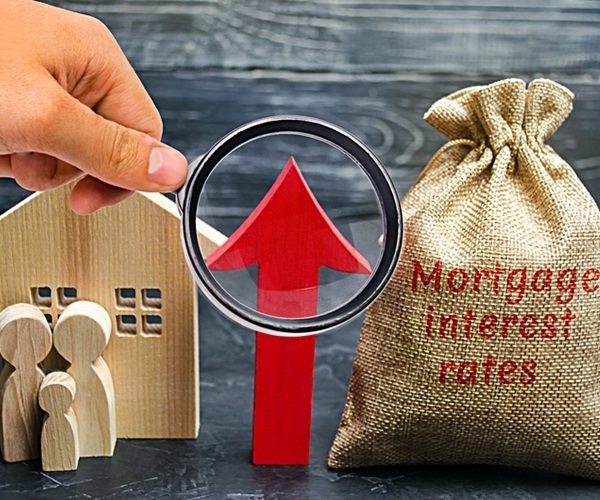One obvious way that brick and mortar can help provide the best experience in an omnichannel world is with technology. The problem is that creating this technology often falls on the real estate’s owners and operators. This is something pretty far outside of most smaller property company’s wheelhouse and exposes them to a lot of costs, risk and hassle. Karen Fluharty, Founding Partner & Chief Strategist at Strategy + Style, spoke on this at a recent panel for ICSC Dealmaking in New York. “Not everyone is Brookfield or Simon,” she said. “You need someone that can help you deploy the tech or it won’t work. There is a big difference between what the salesperson says and what can actually, easily be done.”
Even for the big property groups like Brookfield, efficiency is important in a world where development spend can seem endless. Matt Seebeck, Senior General Manager at Brookfield Properties at the new SoNo Collection said, “We took a step back and tried to figure out what problems we are trying to solve. We wanted to find ways to gain feedback from tenants but also make them actionable.” He explained that speed was critical and getting the information to the actual person able to take action was paramount. Brookfield has partnered with Mallcomm to create its tenant portal platform that can bring together all of the tenant communications and services calls. “We don’t want to ever have the same complaint twice so we are committed to fixing any part of our experience that is lacking,” he said.
We took a step back and tried to figure out what problems we are trying to solve. We wanted to find ways to gain feedback from tenants but also make them actionable.
Matt Seebeck, Senior General Manager at Brookfield Properties
Travis Barrington, co-founder and CEO of Propmodo, hosted the panel discussion and weighed in on what he thought was holding adoption back. “The number one reason property firms don’t develop particular technologies, or pursue what could be game-changing opportunities for their firms, is because of lack of internal trust on what’s coming down the road,” he said at the panel. “They don’t feel like they’re technologically savvy enough internally to identify opportunities and build the right tech stack.”
Investing in technology has gotten a lot easier as more and more turn key solutions have become available. Fluharty, who’s company operates as an outsourced 3rd party marketing resource, explained that it is important not to get overwhelmed. “There are a lot of great off-the-shelf solutions that you can use and then build-on from there,” she said. Things like tenant communication, wifi management and loyalty programs can all be purchased, ready to go and then integrated into an existing tech ecosystem.
Randall McKillop, Executive Vice President of Mallcomm, a leading tenant engagement software platform, echoed this point. “There is new tech coming out that adds sprawl to your ecosystem. You have to make sure that everything connects together,” he said. Connecting all of the technologies that retail locations use is the ultimate goal. It can help inform tenants how their promotions are working, both online and in-store, and can help make the operation of a location much more efficient.
As technology advances the ways in which brick and mortar locations fit into brands’ retail strategies there will be even further importance placed on how real estate can become a retail asset rather than a liability. McKillop said, “a smart property has a community, has a voice and there must be a unified portal to create that voice.” This will benefit the tenants by giving them actionable advice for how to sell their products but also to the property itself. Fluharty expects that “one day, data will have value, eventually be part of the valuation just like the bricks and dirt. Creating a tech stack today is helping create that value.”
As physical retail becomes a smaller part of our total consumer spend stores will have to find ways to add value both to the customer and to the retailer. This could come in a lot of forms but it will no doubt include technology to both collect and analyze data to tell retailers new insights about their customers and themselves. SOURCE: PROPMODO




